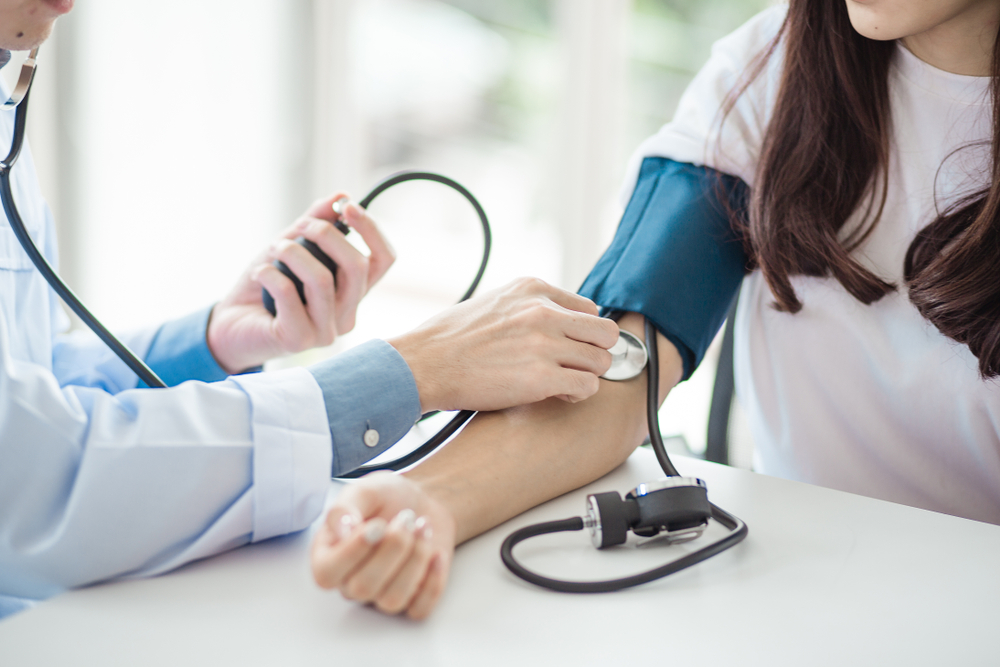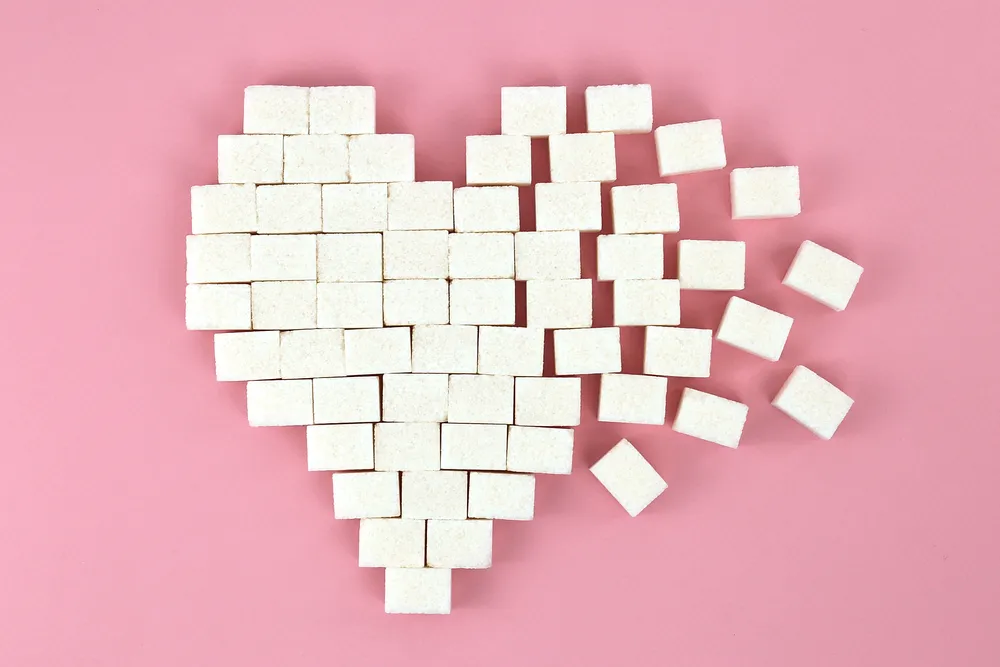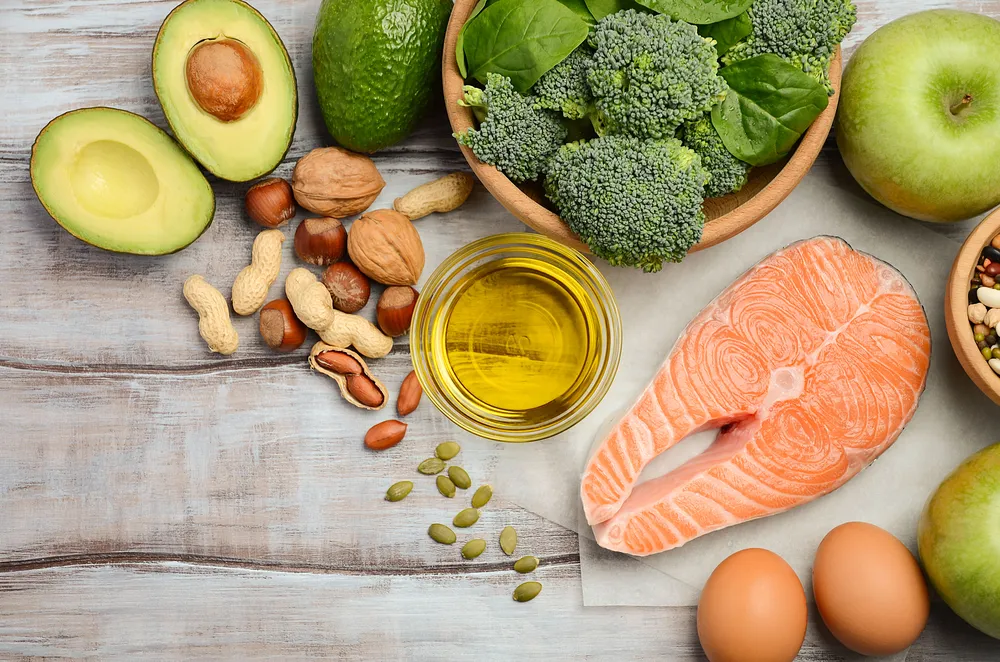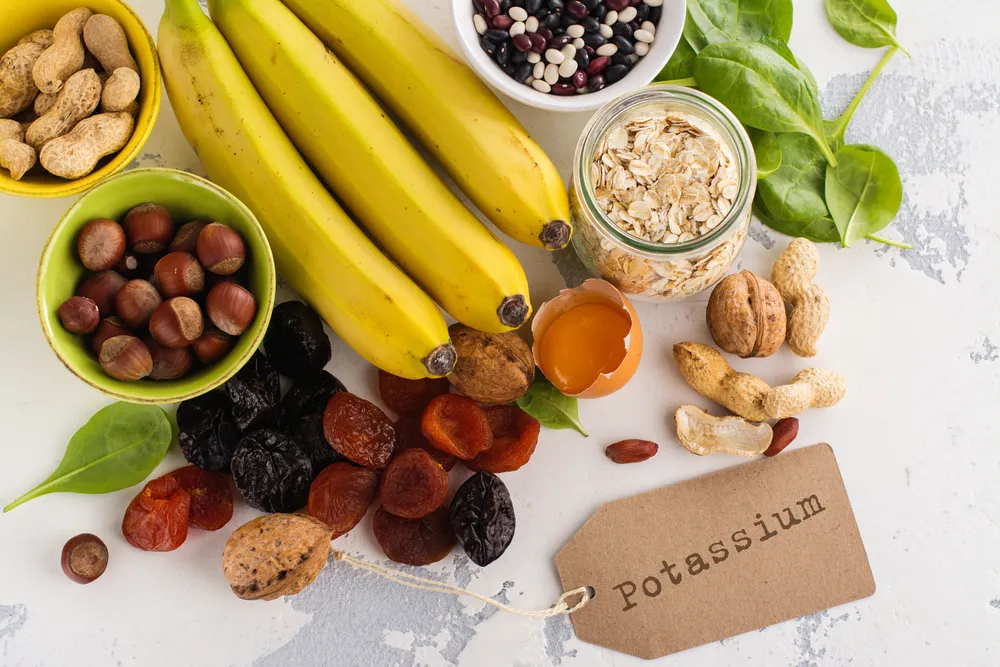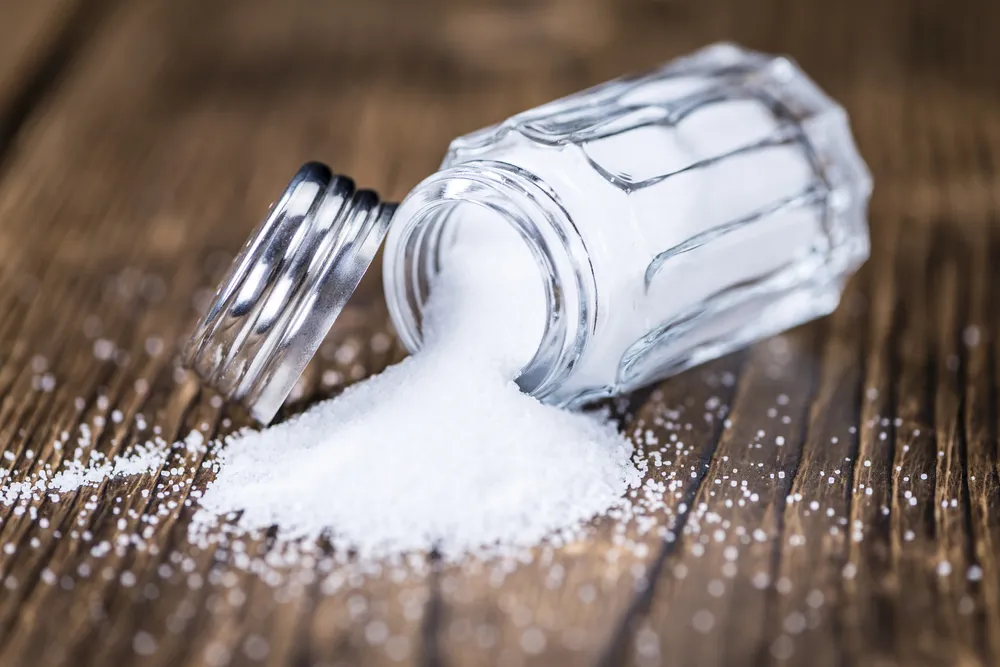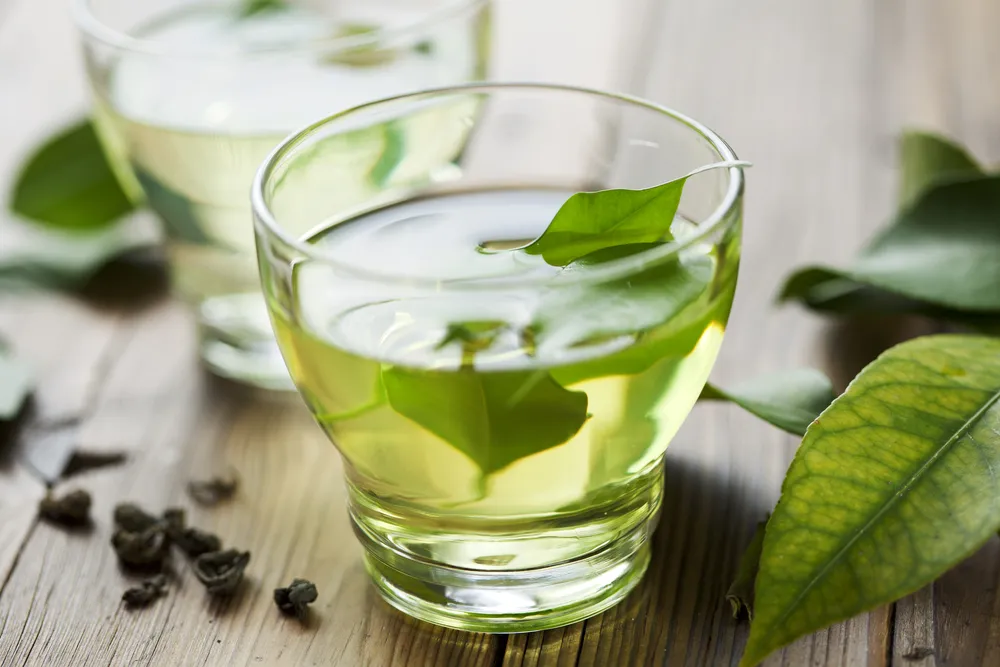High blood pressure, also known as hypertension, is a common health risk in the United States but is one that many people go day-to-day without even knowing they have. In fact, according to the CDC, one in five U.S. adults with high blood pressure don’t know they have it.
Blood pressure is a measurement of the force of pressure placed on your arteries as blood circulates through your body. This means the more narrow your arteries, the higher your blood pressure will be. The good news is that lifestyle changes can play a major role in blood pressure and significantly reduce your number and risks. If you’re looking to lower your blood pressure naturally, follow along for a few tips and tricks.
Increase Physical Activity
One of the best ways to lower your blood pressure naturally is to increase your physical activity. According to Healthline, regularly increasing your heart and breathing rates during exercise will train your heart over time to get stronger and pump with less effort.
A 2013 report by the American College of Cardiology (ACC) and the American Heart Association (AHA) suggests that older adults should participate in moderate to intense physical activity three to four times per week in 40-minute sessions.
Lose Weight and Watch Waistline
Individuals who are overweight typically have an increased risk of developing high blood pressure. Weight loss is one of the most effective lifestyle changes for decreasing blood pressure. Even losing a small amount of weight like 5 to 10-pounds can significantly affect blood pressure. According to MayoClinic, individuals can reduce blood pressure by about 1 millimeter of mercury (mm Hg) with each kilogram (approximately 2.2 pounds) of weight lost.
It’s also important to keep an eye on your waistline, as this type of fat, in particular, can put you at greater risk of high blood pressure. Typically men will be at a higher risk if their waist measurement is greater than 40 inches (102 centimeters) and women will be at a higher risk if their measurement is greater than 35 inches (89 centimeters).
Cut Back On Sugar
Sugar is a major cause of both high blood pressure and holding excess pounds. The AHA recommends that females should consume 6 teaspoons, or 25 grams of sugar per day while males should consume 9 teaspoons, or 36 grams, per day.
Aside from sugar, cutting back on refined carbohydrates can also help to lower blood pressure. Following a low-sugar, low-carb diet will also help you feel fuller longer since you’re consuming more protein and healthy fat.
Increase Omega Fatty Acids
Adding more omega fatty acids into your diet is a great way to naturally lower high blood pressure. According to Alive.com, a 2015 study found that participants with high blood pressure who ingested 30 g of ground flaxseed daily for six months experienced an average blood pressure decrease of 15 mmHg systolic and 7 mmHg diastolic.
Flaxseed is a great way to add more omega fatty acids into your diet as well as different types of fish such as salmon, mackerel, herring, and lake trout.
Increase Potassium
Another way to naturally reduce blood pressure is to consume more potassium in your diet. Potassium is an important mineral that helps your body rid itself of sodium and ease the pressure on your blood vessels. Potassium is particularly effective to lower blood pressure for those that have a naturally high-sodium diet.
A few foods to include in your diet that are high in potassium include leafy greens, tomatoes, potatoes, bananas, melons, avocados, oranges, milk, nuts, seeds, tuna, and salmon.
Reduce Sodium
A high-sodium diet can influence your blood pressure significantly. Even a small reduction in sodium can improve overall heart health and reduce blood pressure by about 5 to 6 mm Hg. MayoClinic recommends limiting sodium to 2,300 milligrams (mg) a day, however, 1,500 mg a day or less is ideal for most adults.
A few effective ways to reduce sodium in your diet are to read food labels and choose low-sodium options, eat fewer processed foods, and avoid adding excessive salt to dishes.
Stop Smoking
There are many reasons to quit smoking considering all the health risks associated with this habit. Smoking is known to have a direct effect on heart health, which in turn also affects blood pressure. Every cigarette smoked causes a slight, temporary increase in blood pressure. The chemicals in tobacco can also damage blood vessels.
If you’re a chronic smoker and struggling with high blood pressure, it may be time to consider cutting this habit out. Not only will it improve your blood pressure, but it will also improve your overall health and help you live longer.
Limit Alcohol Intake
Frequent alcohol consumption is another possible cause of high blood pressure. In fact, Medical News Today states that alcohol is linked to 16-percent of high blood pressure cases worldwide.
While it may not be necessary to cut out alcohol entirely, it can be extremely beneficial to only drink in moderation. Generally, it’s recommended that women should limit themselves to one drink a day and two a day for men.
Reach For Polyphenols
Polyphenols are a micronutrient found in a number of foods and have many health benefits. One major health benefit to note is that polyphenols have been shown to be effective in reducing blood pressure and cardiovascular disease.
Green tea is an example of a polyphenol that has been proven to reduce systolic blood pressure. Cocoa is another polyphenol proven to improve cardiovascular health and lower blood pressure.
Monitor Your Sleep Patterns
Sleep is fundamental to a healthy, happy lifestyle and unsurprisingly also affects the way your heart and body function. A 2009 study revealed that individuals with reduced sleep duration often also have higher blood pressure.
Those who struggle with maintaining a consistent sleep schedule should consult a doctor or specialist to find a treatment plan. Those with the sleep disorder sleep apnea should also be even more aware since uncontrolled sleep apnea is highly correlated with increased blood pressure.
Add Supplements Into Your Diet
Another great way to naturally reduce blood pressure is to incorporate supplements into your routine. There are a few natural supplements that have been proven to reduce blood pressure, as outlined below:
- Aged garlic extract: Garlic extract has been used for many years as a way to naturally reduce blood pressure, both as a standalone treatment or alongside more conventional treatment plans.
- Fish oil: Known for its benefits for the heart, fish oil is another supplement that can naturally benefit those who struggle with high blood pressure.
- Hibiscus: While you may initially think of hibiscus as an ingredient in tea, it surprisingly has major benefits for heart health and blood pressure since it is rich in anthocyanins and polyphenols.
Reduce Stress
Stress can significantly impact blood pressure, meaning it’s important to implement stress-managing tactics into your lifestyle to limit its effects. When you’re stressed, your body is constantly in fight-or-flight mode which means a faster heart rate and constricted blood vessels.
Several studies have shown that reducing stress can also reduce blood pressure. A few ways to reduce stress could be to try relaxing practices such as meditation or yoga and determining the root cause of stress in your life such as working too much.
